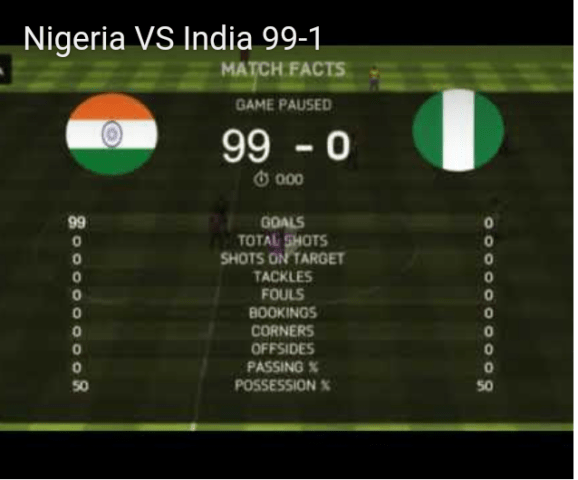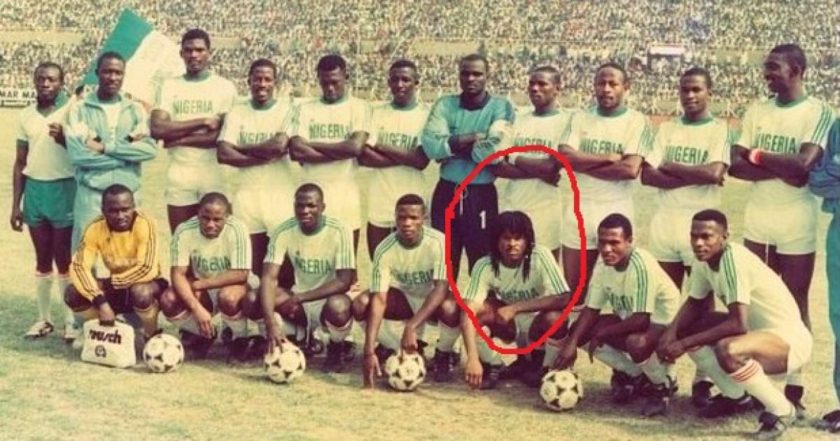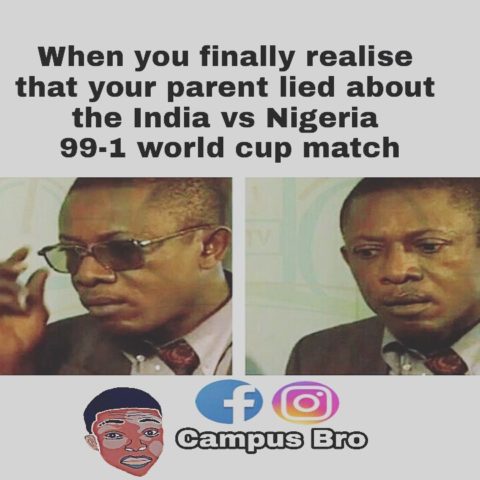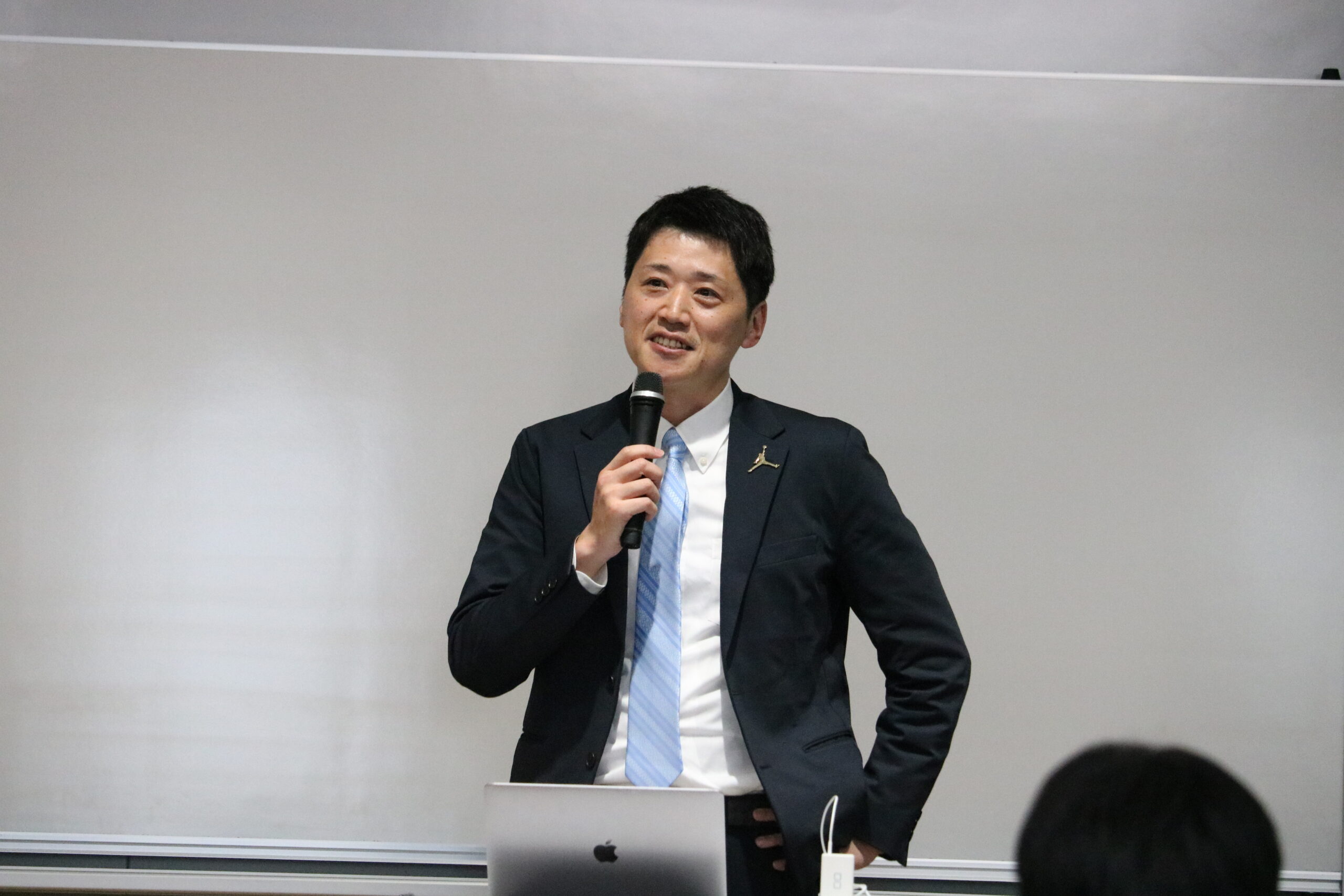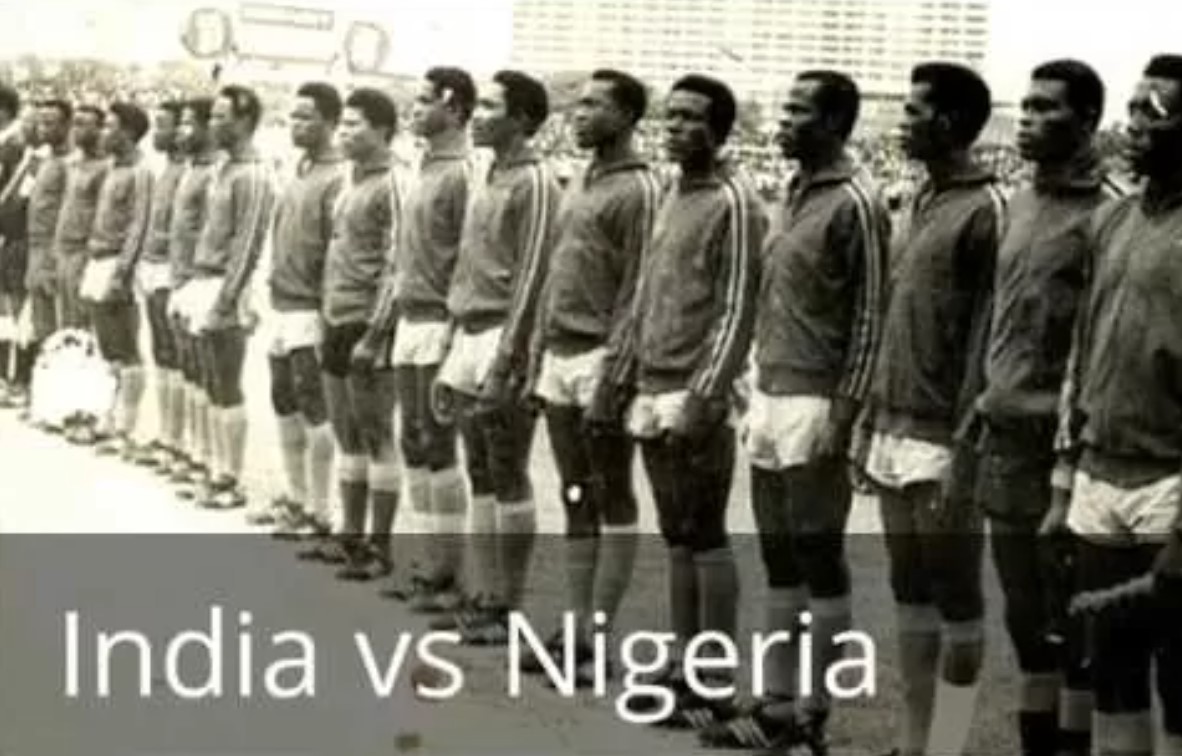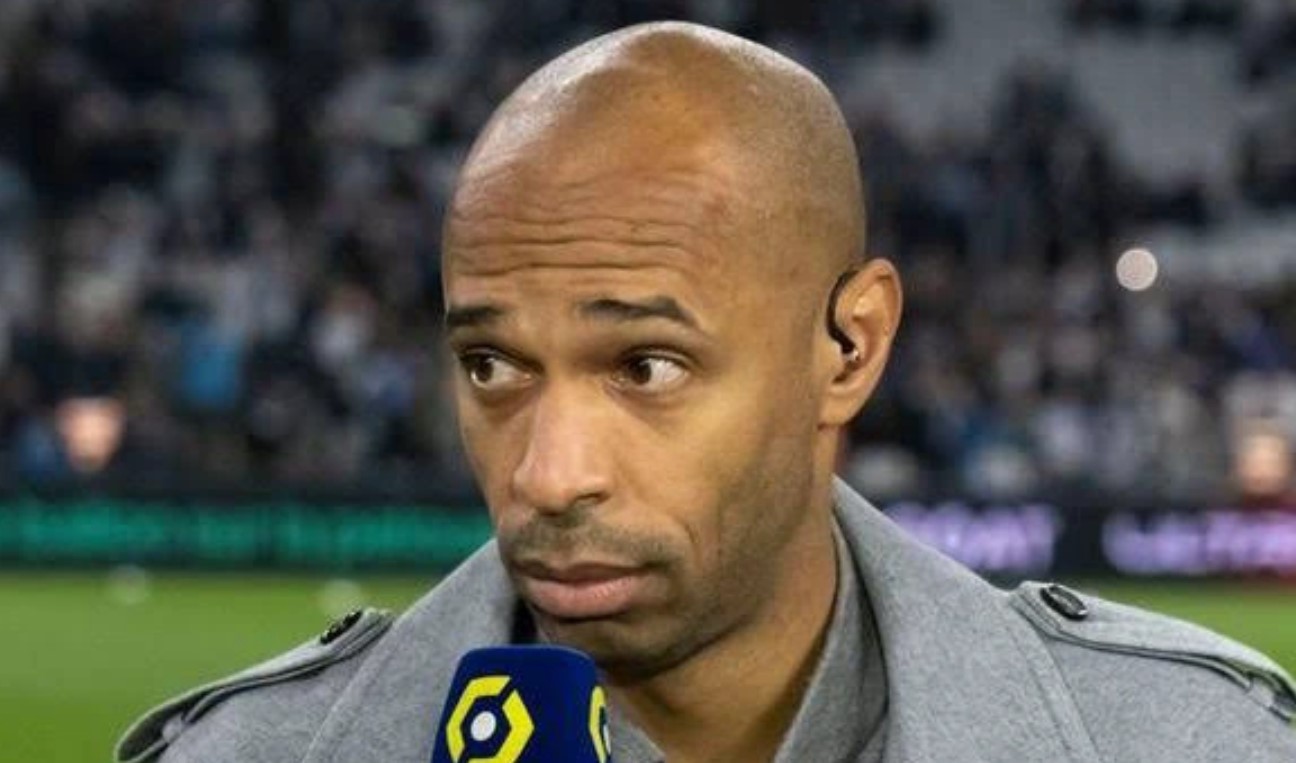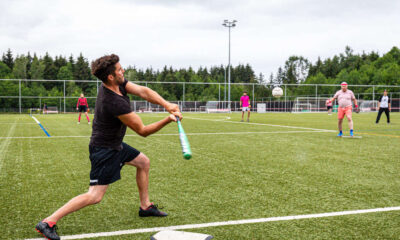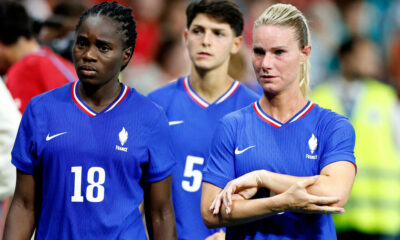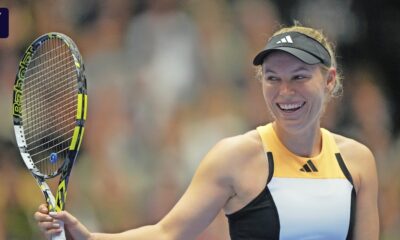The opening ceremony of the Paris Olympics will be held at 2:30 a.m. Japan time on Saturday, July 27th, and 329 events in 32 sports will be held until August 11th.
The Japanese women’s basketball team, which will be participating in their third consecutive tournament, will play their first game against the United States at 4:00 a.m. on Tuesday, the 30th, Japan time.
Japan women’s national team head coach Onzuka Toru gave a speech on March 23rd at a symposium commemorating the opening of the Osaka University of Health and Sport Sciences’ School of Sport Sciences, where he said, “In order to give back to the basketball world while wearing the Japanese flag, I thought that sports science and game analysis were something I could start, even though I have no track record.” He also said, “One of my favorite sayings is from soccer manager Mourinho, who said, ‘You can’t teach Messi how to dribble, but you can teach him how to fight as a team.’ If we can use sports science to show how to fight as a team, we can coach anything.” He spoke of his determination to use the power of science to win a medal.
We are republishing the full text of Head Coach Onzuka’s speech here, and wish the Japan Women’s National Basketball Team every success.
<Commemorative lecture at the Symposium commemorating the opening of the Faculty of Sports Science at Osaka University of Health and Sport Sciences: “The Future Opened by Sports Science”>
Toru Onzuka, head coach of the Japan women’s national basketball team
“From a basketball coach’s perspective”
March 23, 2024
My relationship with Osaka University of Health and Sport Sciences is that in my previous job, I was a coach at a university (Tokyo Health and Sport Sciences University), and in 2012, I participated in the Intercollegiate Championships for the first time and played against Osaka University of Health and Sport Sciences in the first match. I started my career as a university coach after the team was beaten 57-87.
If it weren’t for sports science, I wouldn’t be here. I wouldn’t have any achievements as a player. Today, on the way here (Osaka University of Health and Sport Sciences), I was talking to a junior in the car, and he told me, “I didn’t think I’d become the national team coach. The other basketball club members think so too.”
I thought that I should wear the Japanese flag once in my life and give back to the basketball world, and that I could start something without any achievements, and that’s how I started sports science. Today’s theme is game analysis. I was able to coach by digging into game analysis, and I was able to win the Intercollegiate Championships five times in a row at university, become the national team coach, and win the Olympic qualifying tournament in February. I really think that if I hadn’t done this, I wouldn’t be here. I hope that my experience will be of some use to those of you who are looking to open up the future.
Data philosophy, and the mindset when dealing with data, is to “win when you are meant to win.” “Do your best” and “go all out” are phrases you say at the very end of a sport, but to get to that point, you need to be prepared to “win when you are meant to win,” and data is essential for that. When you hear the word “data,” it sounds like a lot of information and difficult to handle, but ultimately it comes down to whether or not you can put it into action. Unless it’s information that leads you to “If we do this, we can win,” it has no value. Even if you handle a variety of data, you want to be able to use data that leads to the logical conviction that “If we do this, we can win.”
Today I would like to share with you the process by which I analyze basketball and arrive at my logical convictions.
Since it is a competition, there is no guarantee, but through sports science, you can logically say, “I can definitely win if I do this.” If you compete with that in mind, you will know where you stumbled, and even if your adjustments end in failure, there is no need to belittle yourself. You can accept that “I couldn’t do this” and move on to the next step. I want you to value the process of properly analyzing data and approaching it with logical conviction.
So what kind of data should be emphasized? The purpose of action is to win, so the focus is on what data will increase the chances of winning. The coach’s sense is tested in how well he or she can prioritize data and get to the essence. Again, this is meaningless unless it leads to “if we do this, we can win.” It is easy to prioritize.
The two important points to consider when selecting data are, first, to face the characteristics of basketball games and grasp the points that “this data will affect the outcome of the game.” The other is strategy data. Properly evaluate the tips and points to maximize your strengths in order to win, and then reflect on your performance. These are the two points I consider.
I would like to look back on these two now.
In the first place, basketball is a game where the team that scores more points than the opponent wins. If you understand this, you will know what you need to dig deeper into. The next key is scoring. Scoring is determined by the product of scoring efficiency and the number of attacks. It is simply related to the quality and quantity of attacks. It is a sport where the team that takes many shots with high scoring efficiency has a high probability of winning. Whether or not you can properly grasp this is the key to winning the game. The reason I am talking about this is that even in national team games, there are times when you wonder “Why would they take a shot with low expected value at such a timing?” This is because they feel that “I have to try hard” and “I have to do it”, and they place more importance on the spirit of “trying hard” than on shots with high expected value. I think this way of thinking is necessary to properly organize such errors and choose to “win as they should win” and to have a strong mindset.
Data on taking many shots with high scoring efficiency includes the percentage of effective shots, the percentage of free throws, and the percentage of rebounds obtained when the offense ends without a shot. These four are called the four factors that can be measured by important numbers in basketball. From this perspective, it is important to understand what important data is the key to deciding the outcome of a sports match, and then make a decision from there. There is no data that is more important than this. Basketball has four factors, but people other than basketball need to understand what the key factors are and see if they are able to compete there, or they will not win if they try hard in other areas. Facing this with rigor leads to “winning because they are meant to win.”
That’s the first characteristic of basketball, but the second is that in order to win as a strategy, it’s important in interpersonal sports like basketball to understand your strengths and use them against your opponent. The key is how to find your own excellence, and it’s really important to know your strengths. Top athletes who achieve results understand this properly. People who don’t understand this and say “I’ll just do my best” or “I’ll do what I’m told” are probably not able to compete with others and are not able to show their true potential.
After much deliberation, we decided that “agility” would be the key for Japanese women’s basketball to compete on the world stage. Basketball is a sport where the situation changes rapidly, and being able to act quickly and rationally in that environment has a big impact on performance, and Japanese people can do that. Therefore, we decided to use this as our greatest strength and fight to the maximum against the opponent. This is also the use of data, but we showed the players videos, and although they can’t move like F1 cars, if they fight like rally cars, they can win. This is our strength, and we emphasize fighting with this kind of energy. Also, agility doesn’t resonate with the players, so for now we are using our strengths under the concept of “running to win.” I think that if we polish the information until it becomes a word that the players can imagine, their performance will improve.
In addition, they check whether they are running while calculating the percentage of fast breaks they were able to make in a game. While checking, they set a goal of 20% and a goal of making a fast break once in five times. On top of that, they aim for 60% field goal, but they are forever doing the work of watching their performance while setting a target value, watching videos and finding deviations. In the process, they find issues such as not being able to run the whole way or errors that occurred while running, and they hold down the points where they are shaky and run properly. It’s a repetition of that.
Simply put, I check with my coaches whether they are running when the offense and defense change and whether they are moving to the correct position for each play, and whether they are fighting according to the strategy in practice and games. When a coach with no track record teaches national team players, he worries about whether they will listen, but he can say, “This is what we want to do as a team.” One of my favorite words by soccer coach Mourinho is, “I can’t teach Messi to dribble, but I can teach him to fight as a team.” If you can use sports science to show how to fight as a team, you can coach anything.
When I analyze a game and find a problem, I try to analyze whether it is an individual problem or a team problem. If it is an individual problem, I make a proposal to the individual, and if the team needs to change the way it does things, I change it. I repeat this process.
To summarize the flow of the analysis, we evaluate the four factors, evaluate whether the strategy is playing to our strengths, and analyze and check based on the benchmark values. We determine whether it is linked to individuals or tactics, and decide the priority. We repeat this process over and over during and after the game. The data is compiled an hour or two after the game, and we review it.
I will introduce an example from a meeting. After a match, when you use software to check the video of Japan and China’s attacks, you can see that it is not because they are small that they cannot get the rebound, but because they do not put in enough effort. In fact, in one tournament, there were 16 instances of individual lack of effort and 13 instances of team lack of effort, and more than 50% of the rebounds taken were due to lack of effort. At first glance, it is easy to think that the issues that a team has are weaknesses or disadvantages, but in most cases, they are not doing what they should be doing properly. Instead of saying “it can’t be helped,” I would like to convey that if you look at it scientifically and seriously face where your problems lie, there is a way and a chance to win.
So far, this has been one example of game analysis, but from here on, I would like to talk about how to put the information from game analysis into practice. Based on the information obtained from game analysis, it is a story about the science of fighting, how to fight aggressively as a team. Data is a tool to make decisions, but the key is whether taking action leads to improved performance. There is no point if you have data but cannot use it. What I keep in mind is that the hits we make with the information we obtain are effective. I try to be a hitter who is continuous and leads to team play. Communicate information as a story, not as points. Connect information with causal relationships, such as “If you do this, this will happen.” A virtuous cycle of “If you do this, you will be able to do this, and you will also have these good things” is born as a story. My idea is that if we can understand it properly, it will be easier to act. I want to create a story backed by data with the logic of competitive advantage. I think that a top-class coach is someone who can provide information in this way as a story, not as points. This is the significance and value of making sports science.
How do I create this? I make it into a script. I make a story of “If I do this, then this will happen” and write it as a script. A script is called a script, but it clarifies who can do what, when, and how they can do it based on the overall picture of “I want to do this.” It makes it clear how to play as an individual and as a team, and by having a script, the players can easily understand how to fight as a team. I think that if we do this by shouting things like “teamwork,” we won’t be able to come together. For us, the Japanese national team, who place importance on team strength, this is a very important way of fighting.
In basketball, we are told to play with the same vision, but I think the key is to dig deep and think about how to make it the same. Consolidate your fighting style into a script. Play without hesitation, create a system to solve mistakes, or think about how you can use your skills without making mistakes by being conscious of the things you are likely to make mistakes in. Or how to use your individual strengths while fighting as a team. If everyone can share these things as a script, it will be easier to move forward as a team toward a common goal. If you can create a strong and consistent script, you can imagine “If you do this, it will be like this next time,” and the people around you can imagine it, so you can play faster. You will be able to breathe well. The five of you can always fight with the same page in mind. You can also expect such synergy.
Let me explain it a little more clearly. As for a “script that works backwards from the goal,” let’s say you’re going from Kumatori Station to Osaka University of Health and Sport Sciences. If you have decided in the script that “the general rule is to take the bus,” when you arrive at the station, you can go straight to the bus stop and move without having to think about whether to take the bus or a taxi. You can also enjoy the scenery around you. You can have peace of mind, and you don’t have to think about it every time, and you don’t have to stop. However, the key point in the script is “as a general rule.” If the bus has already departed, you might take a taxi if you don’t have time. If you organize things up to this point, you will have the discipline to go quickly if there is nothing there according to the general rule, and you will be able to improvise when trouble occurs or if there is a better opportunity. If you decide on your current location and destination, and decide “let’s do this as a general rule,” but if something better happens, you can set it up so that you can “adlib,” and you can fight in the same cage with discipline and improvisation.
Until now, coaching has often been done to convey these aspects to players in big words like “speed,” “fast,” and “try your best,” with the aim of having the players interpret the big words in their own way and be able to do so. It is important to give the players a picture or script of how they will fight as a team, rather than just using big words like “speed.” Without that, the game will become a gamble or a melee of “just try your best,” which will be inefficient.
I think you all came to college with the intention of dedicating your life to sports, but I don’t want to gamble with my life. I want to win when I’m meant to win. I want to compete in a way that I’m satisfied with. To do that, it’s important to properly study and think about where you stumble and how you can win, and I think it’s thanks to that that I’m here now.
To sum up, you accumulate game analysis toward logical conviction and create a script. After creating the script, you rehearse the script. That’s practice. The key here is to memorize it completely. Only after you have memorized it completely and can do it can you play in the game. I think the key to performance is whether you can follow this process properly.
By being able to do this, you can avoid a chaotic melee and build a foundation for winning battles that are destined to be won. When I asked a national team player, “What do you think about memorizing plays by rote?”, he said, “I feel like my mind becomes rigid like a robot.” I understand that feeling, but I’d like to share an episode that made me think that I absolutely had to memorize everything.
A friend of mine, a world-class banker, told me that a good salesman memorizes his sales pitch perfectly. If he doesn’t memorize it, he thinks about how to talk to the customer at each moment. He thinks about how to convey the good points of the product. At that time, he says he can’t tell whether the customer is leaning in the direction of buying or not. If he memorizes it completely, he doesn’t think about what he’s going to say, but just looks at the other person’s reaction. He says he uses his skills and sales pitch while watching the other person’s reaction. This is the same as sports. Can you read the state of the defense in front of you while thinking about what to do next? I think it’s quite difficult. He keeps the script of his battle in mind, and using it as a base, he focuses his attention on how the defense in front of him is going to hinder him, so he can accurately choose an effective attack against the defense. This is my opinion, and I think it’s the key to getting closer to “winning because you deserve to win.”
In the end, it is humans who execute the mind, and it is not something that can be done just because one understands it. I will now show you the video for only one second, so please count how many reds there are. (After the video ends) There were seven. So, how many blues were there?
Humans can sense about 2000 things using the five senses per second, but it is said that we can only be aware of about eight. The brain omits things that are not important. We decide whether something is important or not. This time, we decided that it was important when we thought, “I will look at red.” When we are confident, such as when we think, “I will do it,” we can see an open path to dribble forward. When we lose confidence, we can no longer see that path. The reason is that we want to pass. The place where we pass becomes red. When we are confident, red becomes a line in front of us. In that sense, just because we memorize a script and train, it does not mean that it will be effective in a game. If you are someone who thinks, “I can do it,” while preparing your mind, “I can do it” becomes “I can do it after all.” When you think, “I can do it,” you will see what you can do. You will see a path that you can do and that you can go down. When you think, “I can’t do it,” you will see a world where you can’t do it after all. That is human beings. So, while it is important to value the script, coaches guide their players to have a human heart and not just tell them rules, but to have the attitude of “Let’s give it a try,” and the players themselves have to approach the script with the attitude of “I can do it,” which is the key to making the most of the information.
Data is a tool to take action, and we win with intelligence. My goal in coaching is to gather data toward logical conviction, turn it into a script, and guide players to play with the desire they want to. Through this challenge, I want to win the gold medal at the Paris Olympics and come back. READ FULL STORY HERE>>>CLICK HERE TO CONTINUE READING>>>
Head coach Toru Onzuka giving a lecture at Osaka University of Health and Sport Sciences
2024-07-25 02:23:33
#Wishing #Japanese #womens #basketball #team #luck #Paris #Olympics #republishing #full #text #Coach #Onzukas #speech #commemoration #opening #Sports #Science #Department #Osaka #University #Health #Sport #Sciences
Related
